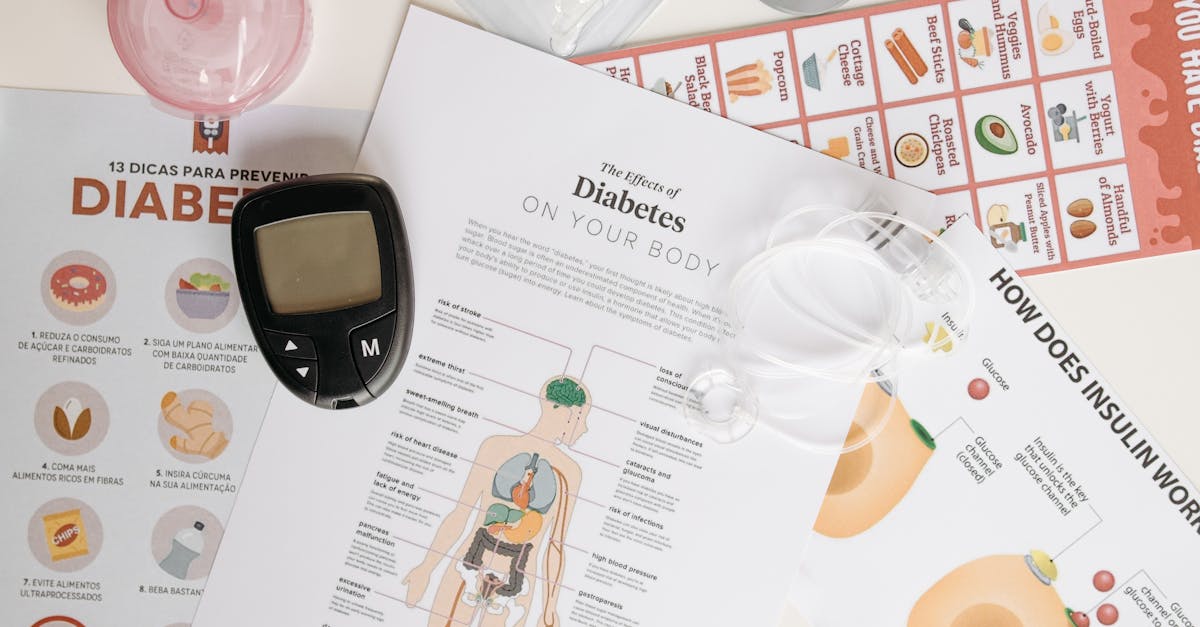Healthy Diet Plans for Managing Diabetes
Introduction
Healthy diet plans for diabetes play a crucial role in managing the condition effectively. By making informed food choices, individuals with diabetes can stabilize their blood sugar levels. This article explores various healthy dietary approaches to managing diabetes.
Advertisement
Understanding Diabetes
Diabetes is a chronic condition where the body is unable to regulate blood sugar levels efficiently. There are two main types: Type 1, where the body doesn't produce insulin, and Type 2, where the body becomes resistant to insulin. Managing blood sugar through diet is essential to prevent complications.
Advertisement
The Importance of a Balanced Diet
A balanced diet for diabetes includes a mix of carbohydrates, protein, and healthy fats. Carbs should come from whole grains, fruits, and vegetables, while protein can include lean meats and plant-based sources. Healthy fats, such as those found in nuts and avocados, are also crucial.
Advertisement
Meal Timing and Portion Control
Eating smaller, balanced meals throughout the day helps maintain steady blood sugar levels. It's vital to avoid large gaps between meals, which can lead to spikes and drops in blood sugar. Portion control is equally important to prevent overeating and manage weight effectively.
Advertisement
Carbohydrate Counting
Carbohydrate counting involves tracking the number of carbs consumed daily. This can help individuals manage their blood glucose levels more effectively. Working with a nutritionist can provide personalized recommendations based on individual needs and lifestyles.
Advertisement
Glycemic Index Considerations
Foods with a low glycemic index (GI) have a slower effect on blood sugar levels. Focusing on low-GI foods like lentils, beans, and whole grains can prevent sudden spikes in blood sugar. It's important to consider both the GI and the nutritional value of food choices.
Advertisement
Incorporating Fiber-rich Foods
Fiber is essential in a diabetic's diet as it slows the absorption of sugar in the bloodstream. Foods high in fiber, such as veggies, legumes, and whole grains, can reduce the risk of heart disease and improve digestion. Including fiber in every meal is an effective strategy.
Advertisement
Hydration and Low-sugar Beverages
Staying hydrated helps maintain proper body functions and can aid in managing diabetes. Water should be the primary choice, while high-sugar drinks and sodas should be avoided. Herbal teas and infused water are great alternatives for variety in beverages.
Advertisement
Monitoring and Adjusting Diet Plans
It's essential to continuously monitor blood sugar levels and adjust dietary plans as needed. Keeping a food diary can help track the effects of different foods. Regular consultations with healthcare providers ensure the diet plan aligns with personal health goals.
Advertisement
Conclusion
A healthy diet plan for diabetes is a powerful tool in managing the condition effectively. By focusing on balanced meals, low-GI foods, and proper hydration, individuals can achieve better blood sugar control. With informed choices, living with diabetes becomes more manageable.
Advertisement


